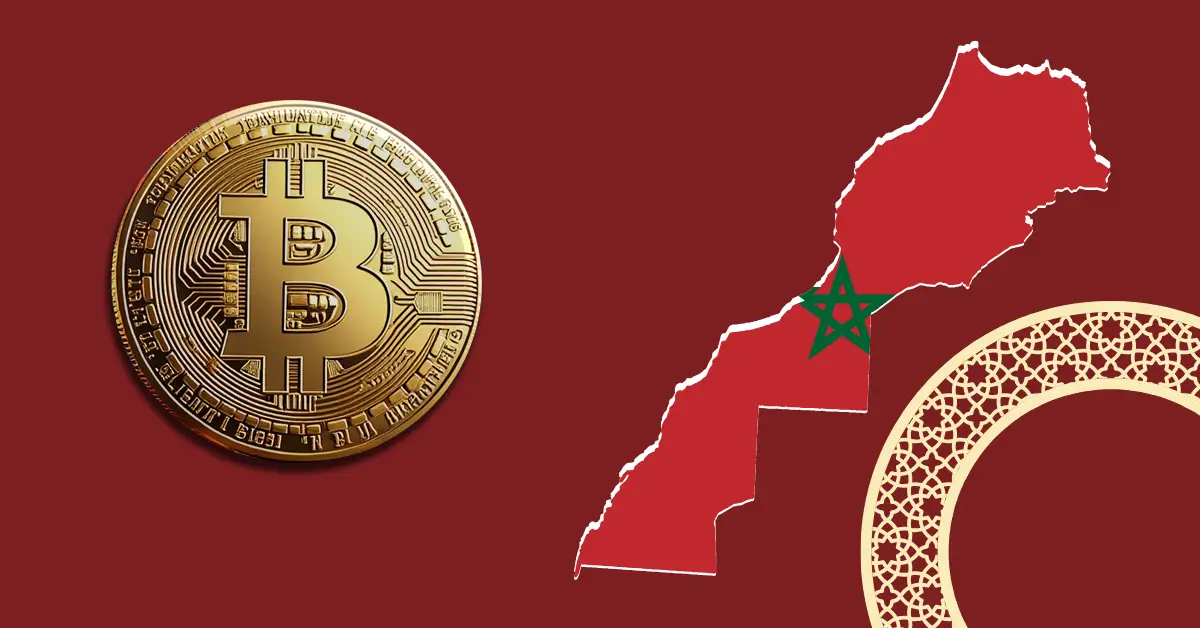
The surge in the popularity of cryptocurrencies has prompted governments worldwide to address the need for regulation. The primary objectives are to safeguard users, thwart illegal activities, and maintain the stability of financial systems, all while fostering technological advancements. Morocco is among the latest nations stepping up to establish a legal framework for cryptocurrency regulation. In a similar vein, India has announced plans to introduce cryptocurrency policies by 2025, following a declaration made at the G20 summit.
Morocco’s Strategic Plan to Regulate Cryptocurrencies
Despite a ban on cryptocurrency usage since 2017, Morocco is witnessing significant crypto activity. In response, the Moroccan government is on the verge of finalizing its inaugural set of regulatory guidelines for cryptocurrencies. Abdellatif Jouahri, the governor of Morocco’s central bank, Bank Al-Maghrib (BAM), has indicated that the framework is nearly complete and is designed to be crypto-friendly. The intent is to regulate crypto assets while nurturing the innovation they bring to the financial landscape.
This regulatory framework has been developed with assistance from the World Bank and the International Monetary Fund (IMF). Jouahri stated, “We aim to regulate crypto without stifling its potential. This plan ensures seamless adoption and minimizes uncertainty.” The initiative gained momentum after Bitcoin reached a historic milestone of $100,000, and although it currently fluctuates below $96,000, market optimism remains high regarding its resurgence.
The proposed regulatory laws will undergo public discussions before being presented to Morocco’s parliament and cabinet for approval. Upon enactment, Morocco could become one of the pioneering developing countries to establish comprehensive crypto regulations.
The Timing Behind Morocco’s Regulatory Move
The rapid adoption of cryptocurrencies in Morocco has been noteworthy. As of 2023, the nation ranks 20th globally in terms of crypto usage, according to Chainalysis, and holds the 13th position for Bitcoin adoption, based on another survey. However, the absence of clear regulations has led to confusion and potential risks for users.
By introducing these new laws, Morocco aims to address the challenges posed by digital finance while creating an environment conducive to innovation and investment. This strategic move positions Morocco as a potential leader in cryptocurrency regulation among developing nations, setting a precedent for others to emulate.
As the world observes Morocco’s advancements, it becomes evident that the country’s efforts could catalyze broader regulatory initiatives globally. As governments strive to balance user protection with the encouragement of financial innovation, Morocco’s journey could provide valuable insights into effective cryptocurrency governance.






